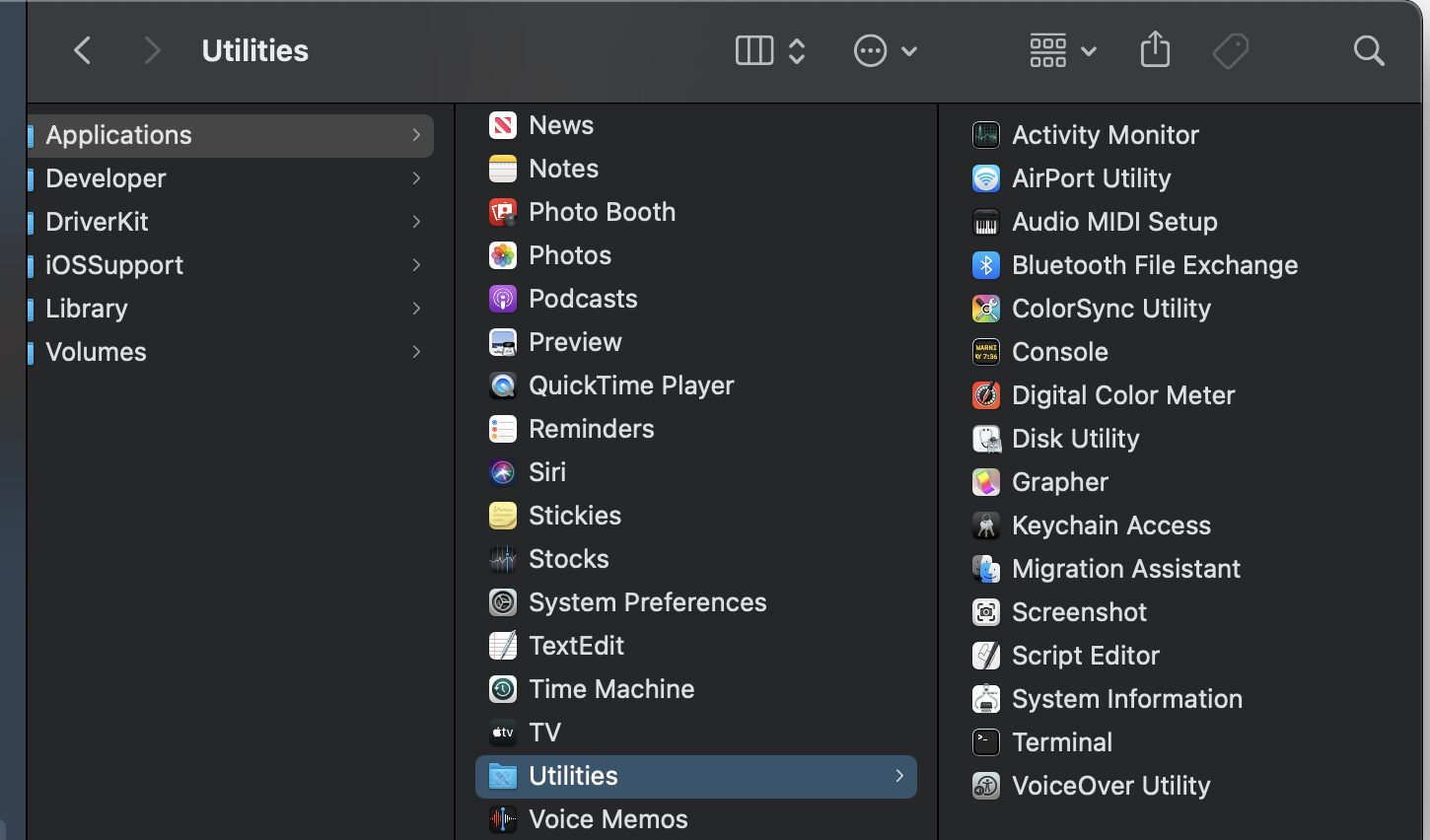Connection Corner
Your go-to guide for relationships, dating tips, and hookup advice.
Trade Secrets: Navigating the World of Player-Driven Item Exchanges
Unlock hidden strategies for mastering player-driven item exchanges and turn your gaming experience into profit! Discover the secrets now!
Understanding Player-Driven Economies: The Basics of Item Exchanges
In recent years, player-driven economies have gained significant traction in the world of online gaming, creating a complex system where item exchanges become integral to the player experience. At its core, a player-driven economy allows users to trade virtual items, currencies, or resources among themselves, rather than relying solely on predefined in-game stores. This dynamic interaction leads to a marketplace driven by supply and demand, where players can sell their hard-earned assets for virtual currency or even real-world money, depending on the game's regulations. Understanding how these economies work is crucial for players looking to maximize their investments and obtain rare items.
Among the key components of player-driven economies is the concept of item exchanges, which can vary significantly from game to game. For instance, many MMO (Massively Multiplayer Online) games implement features like auction houses or trade marketplaces, where players can list their items for sale and negotiate prices. Additionally, factors such as scarcity and utility of items greatly influence their value. To successfully navigate these systems, players need to stay informed about market trends and understand the in-game mechanics that drive item valuation. Learning to trade effectively can not only enhance your gameplay but also create opportunities for profit in these immersive digital economies.

Counter-Strike is a highly competitive first-person shooter game that has captivated gamers for decades. Known for its strategic gameplay and team dynamics, players engage in intense matches where skill and communication are key to victory. For those looking to enhance their gaming experience, using a daddyskins promo code can provide valuable in-game items and skins.
Top Strategies for Successful Trading in Player-Driven Markets
Trading in player-driven markets requires a keen understanding of market dynamics and effective strategies to maximize profitability. One of the top strategies is conducting thorough market analysis. This involves examining past trends, understanding player behaviors, and identifying demand fluctuations. Utilizing tools for data visualization can also enhance your insights, allowing you to make informed decisions. Additionally, participating in community discussions can provide valuable intel on upcoming trends that may affect prices.
Another critical strategy is to establish clear risk management protocols. It's essential to set stop-loss limits to protect your investments from significant downturns. Diversifying your portfolio across various in-game assets can also minimize risk, ensuring that a decline in one area does not drastically impact your overall profitability. Lastly, staying updated with the latest game updates and player-driven changes is vital, as these can create new opportunities or risks in the market.
What Are the Risks and Rewards of Item Trading in Online Games?
Item trading in online games offers both significant rewards and notable risks for players. On the one hand, players can acquire rare and valuable items that enhance their gaming experience and improve their in-game performance without having to invest countless hours grinding for them. Additionally, trading can foster a sense of community, as players engage with one another to negotiate and exchange items that may hold individual value, thereby creating a dynamic economy within the game. However, these rewards come with inherent risks, especially when it comes to trading with unknown players, as scams and fraudulent transactions are not uncommon.
Moreover, the act of trading items can jeopardize account security, as players might unknowingly share sensitive information or fall prey to phishing attempts in their pursuit of valuable in-game goods. Game developers often implement strict policies against trading, which can result in penalties including account suspension or even permanent bans. Players must weigh the benefits of acquiring desirable items against these risks, ensuring they adhere to safety practices like using official trading platforms, verifying user identities, and understanding the terms of service of their respective games.